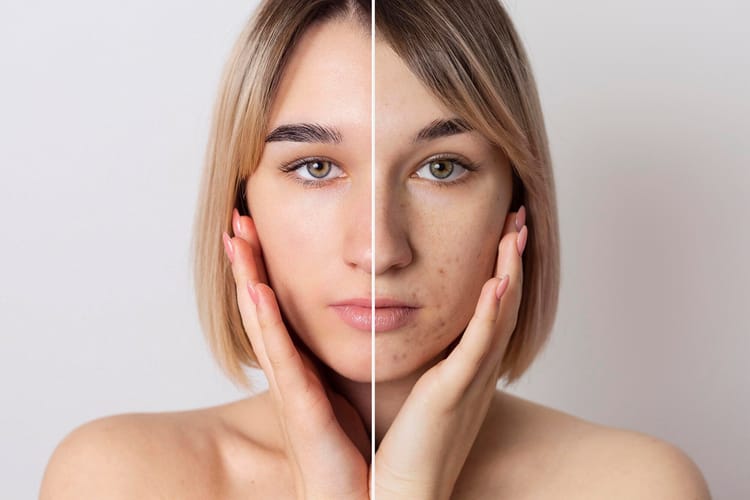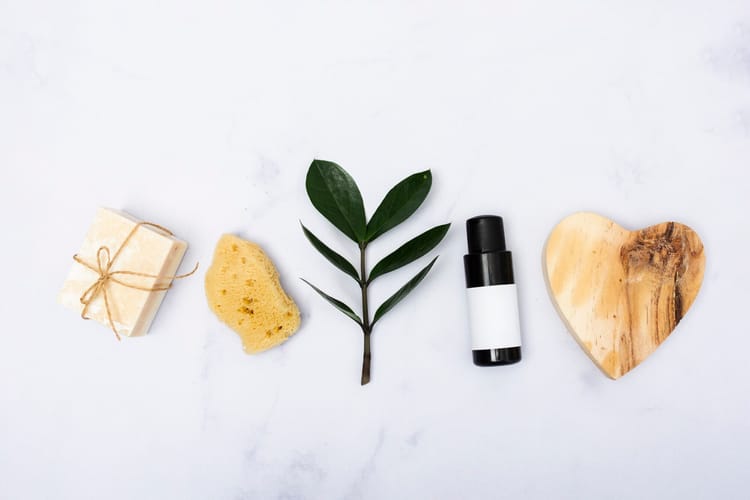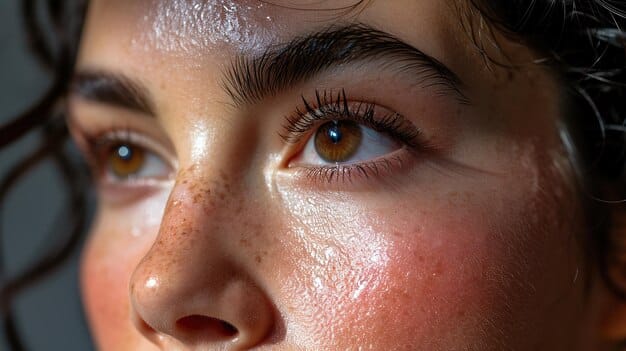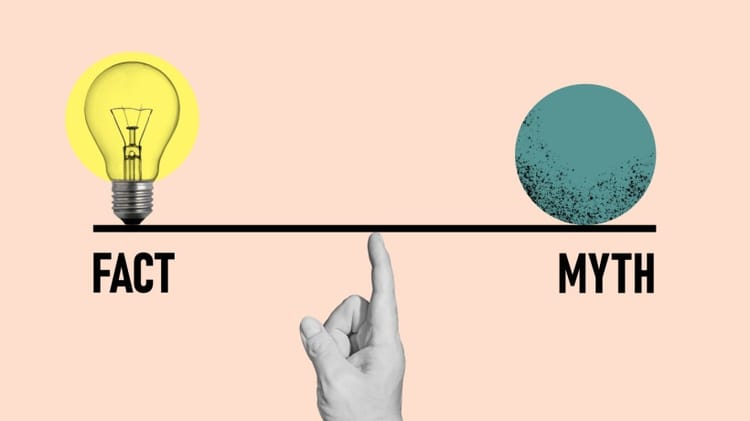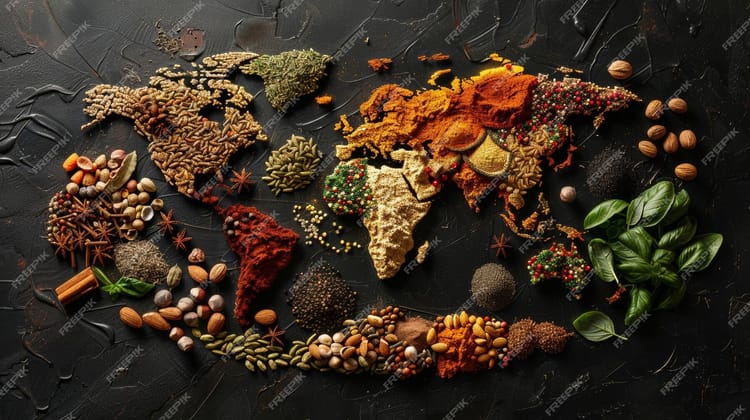The Magic of Middle Eastern Herbs: Ancient Beauty Rituals to Discover؏
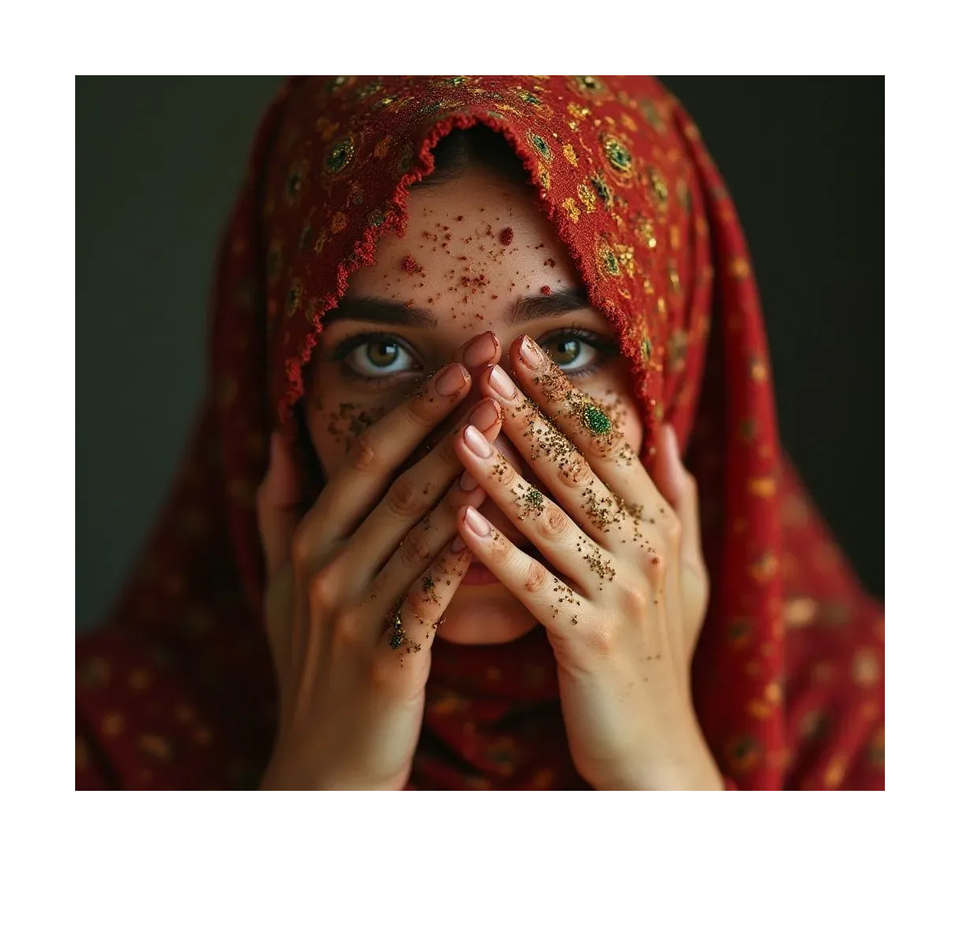
Ancient Middle Eastern Beauty Rituals
The allure of beauty has captivated cultures for centuries. Ancient Middle Eastern societies developed intricate beauty rituals. These practices reflected their values, ideals, and connections to nature. This article delves into these fascinating traditions.
Natural Ingredients Used
People relied heavily on natural ingredients to enhance beauty. They sourced these from their environments. Many ingredients provided multiple benefits.

1.Olive Oil
- Used for skin moisturizing
- Served as an agent for hair nourishment.
2 .Honey
- Known for antiseptic properties
- Commonly utilized in face masks.
3.Milk
- Popular for baths to achieve smooth skin
- Egyptians often mixed it with honey.
4.Herbs and Plants
- Rosemary and mint provided aromatic benefits
- Used in oils and perfumes for personal fragrance.
5.Za'atar: The Flavorful Spice
Za’atar isn’t just for cooking. It can serve your skin too, thanks to its high antioxidant levels.
- Benefits: - Brightens skin
- Provides anti-inflammatory properties
6. Lavender: The Calming Herb
Lavender's scent relaxes while its oil nourishes. It’s suitable for everyone, promoting restful sleep.
- Beauty Uses:
- Calming face mist
- Antiseptic for cuts
- Fragrance for products
7. Mint: Refreshing and Revitalizing
Mint offers a cooling sensation. It refreshes skin and awakens the senses.
- Benefits:
- Treats oily skin
- Reduces puffiness
- Stimulates circulation
8. Fenugreek: A Hair Savior
Fenugreek seeds are excellent for hair care. They nourish scalp and promote healthy growth.
- Uses:
- Hair masks
- Dandruff treatment
9. Sage: The Skin Protector
Sage is known for its antibacterial properties. It helps in maintaining skin clarity.
- Benefits:
- Prevents breakouts
- Acts as a natural deodorant
10. Thyme: The Antioxidant Powerhouse
Thyme helps combat free radicals. This rejuvenates the skin remarkably.
- Uses:
- Face masks
- Essential oils in skincare
11. Cumin: The Spice for Gains
Cumin isn't only for flavor. This powerful seed offers numerous health benefits.
- Benefits:
- Improves skin texture
- Boosts overall health
12. Pomegranate: The Antioxidant Gem
Pomegranate is a superfood loaded with antioxidants. This enhances skin health significantly.
- Beauty Benefits:
- Fights wrinkles
- Promotes new cell growth
Perfumes and Aromatics

Perfume creation flourished in ancient Middle Eastern cultures. Skilled artisans crafted these aromatic blends. They often extracted fragrances from various plants and flowers.
- Diverse Ingredients
- Frankincense and myrrh were highly valued
- Rosewater added a floral essence to perfumes.
- Applications
- Perfumes enhanced personal allure
- Fragrant oils adorned temples during rituals.
Bukhoor

a fragrant substance, holds a special place in Arab culture. People often associate it with tradition and hospitality.
bukhoor plays a vital role in Arab culture. From its rich history to modern applications, it remains significant. As a symbol of hospitality and luxury, bukhoor continues to captivate hearts and engage senses. Ultimately, its enchanting aroma unites people in a shared appreciation of tradition.
Conclusion
Ancient Middle Eastern beauty rituals embodied rich traditions and wisdom. These practices intertwined nature, culture, and spirituality. Today, they inspire modern beauty trends and emphasize natural ingredients. As we appreciate the past, we can cultivate a deeper understanding of beauty and its significance.

